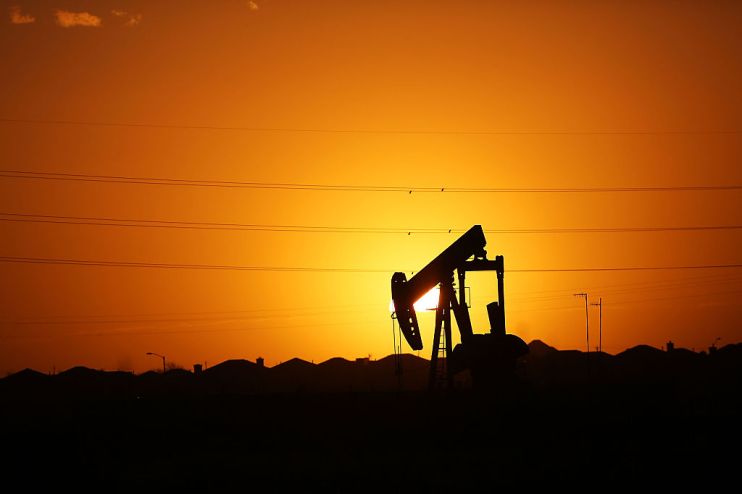Global oil prices hit five-month high despite demand fears

Global oil prices hit their highest levels in five months today after a larger than expected decline in US crude inventories offset fears of a slowdown in fuel demand.
Prices had eased back in recent days as the world braces for a second wave of the coronavirus pandemic, which could hamper demand just as oil producers look to lift some output curbs/
Global standard Brent crude rose 3.2 per cent to $45.87, while US standard West Texas Intermediate picked up 3.4 per cent to reach $43.11.
Both contracts rose over four per cent earlier in the session, before tailing off slightly in the early afternoon.
The main driver of the rise was data from American Petroleum Institute’s survey of crude draws, which predicts stocks to have dropped by 8.6m barrels per day.
The forecast will be confirmed later on this afternoon when the Energy Information Administration reports its weekly figures.
Craig Erlam of OANDA said that prices were also being propped up by a weaker dollar.
Before the Open newsletter: Start your day with the City View podcast and key market data
“There’s no escaping the benefits of a weaker dollar in the commodity space and oil is certainly basking in its decline”, he said.
Rystad Energy head of oil markets Bjornar Tonhaugen said: “The market needed some positive news and today oil prices are rising, pricing in what looks like a sizeable decline in US crude inventories.
“Prices were getting depressed in recent days due to projections for a stall in oil demand, while supply is rising from this month.
“However, draws of such volumes may be difficult to record again later this summer, taking into account that global supply is rising from August.”
At last month’s meeting of producer cartel Opec it was agreed that the record production curbs that have helped stabilise the global oil market through a period of historic volatility would be eased slightly from this month.
From August to December, producers will limit output by 8.5m barrels per day, down from the 9.7m barrels per day agreed in March.
However, with coronavirus infections increasing around the world, some are concerned that the increase in production will coincide with decreased demand and send prices sharply down again.